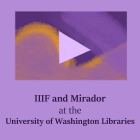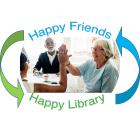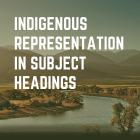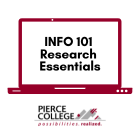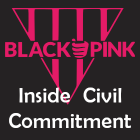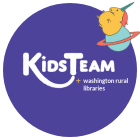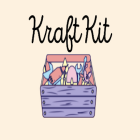
How to Know What You Don't Know: An OER for Information Literacy
In many cases, information literacy instruction in academic settings is something that occurs piecemeal and predominantly in the first year. I set out to design an Open Educational Resource that will help ensure students towards the end of their academic careers have a solid foundation in information literacy by reminding them of earlier lessons and filling in any blanks. With the help of the instructional librarians at Occidental College, I have produced the course plan for this resource, which will supplement the instructional efforts of librarians and ensure our students reach their senior year and beyond as information literate individuals.

